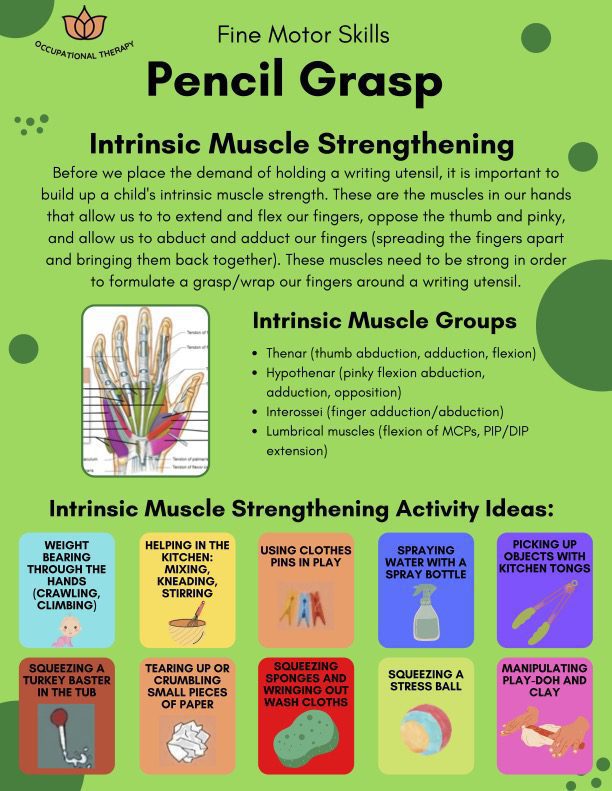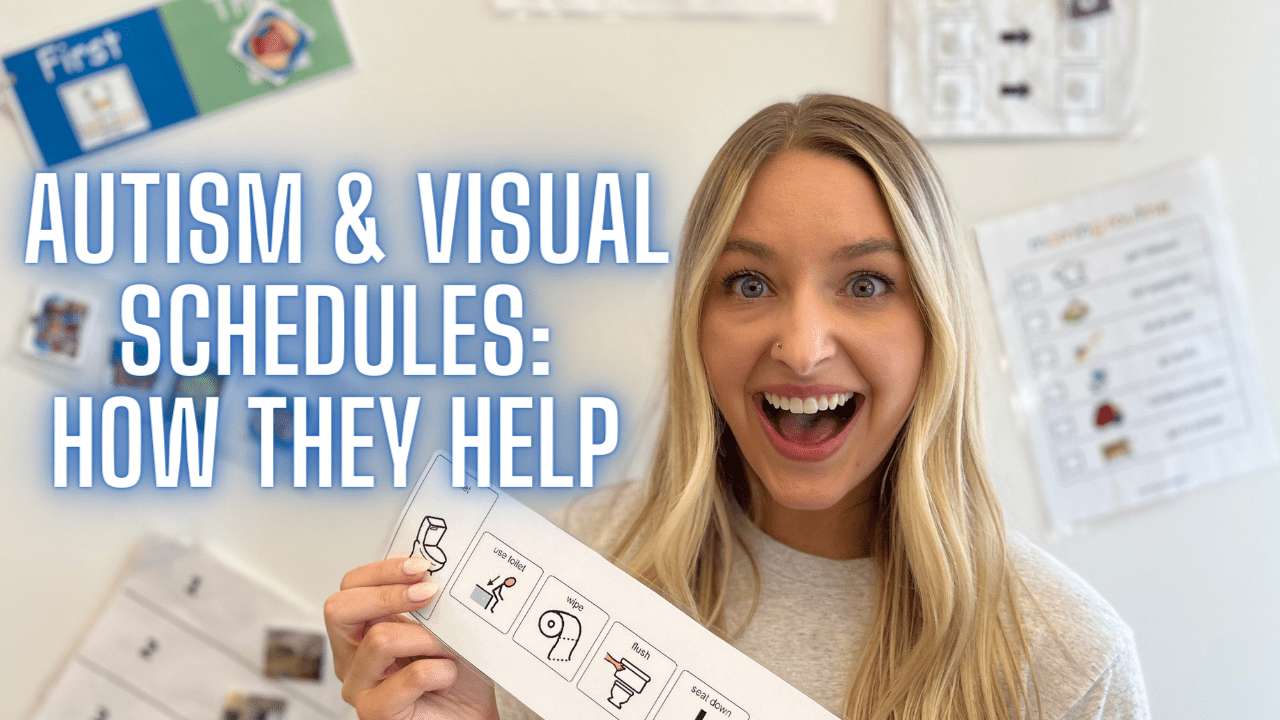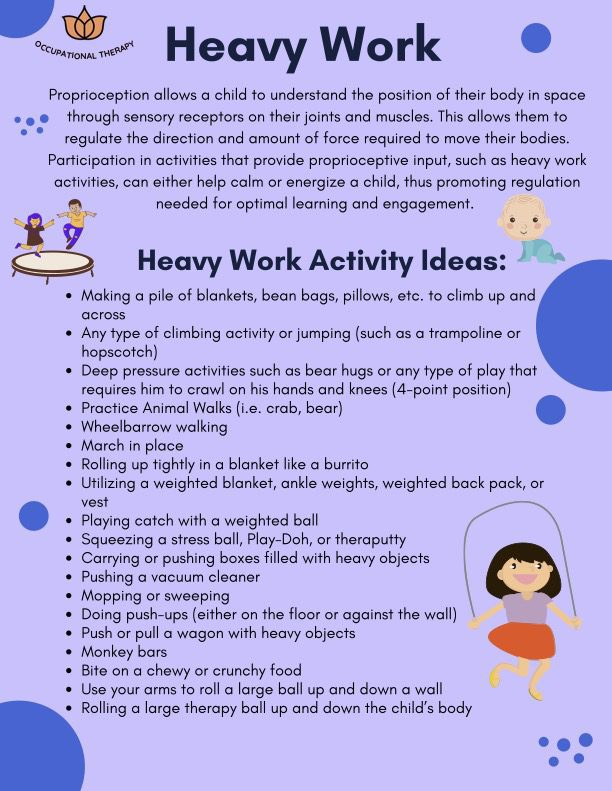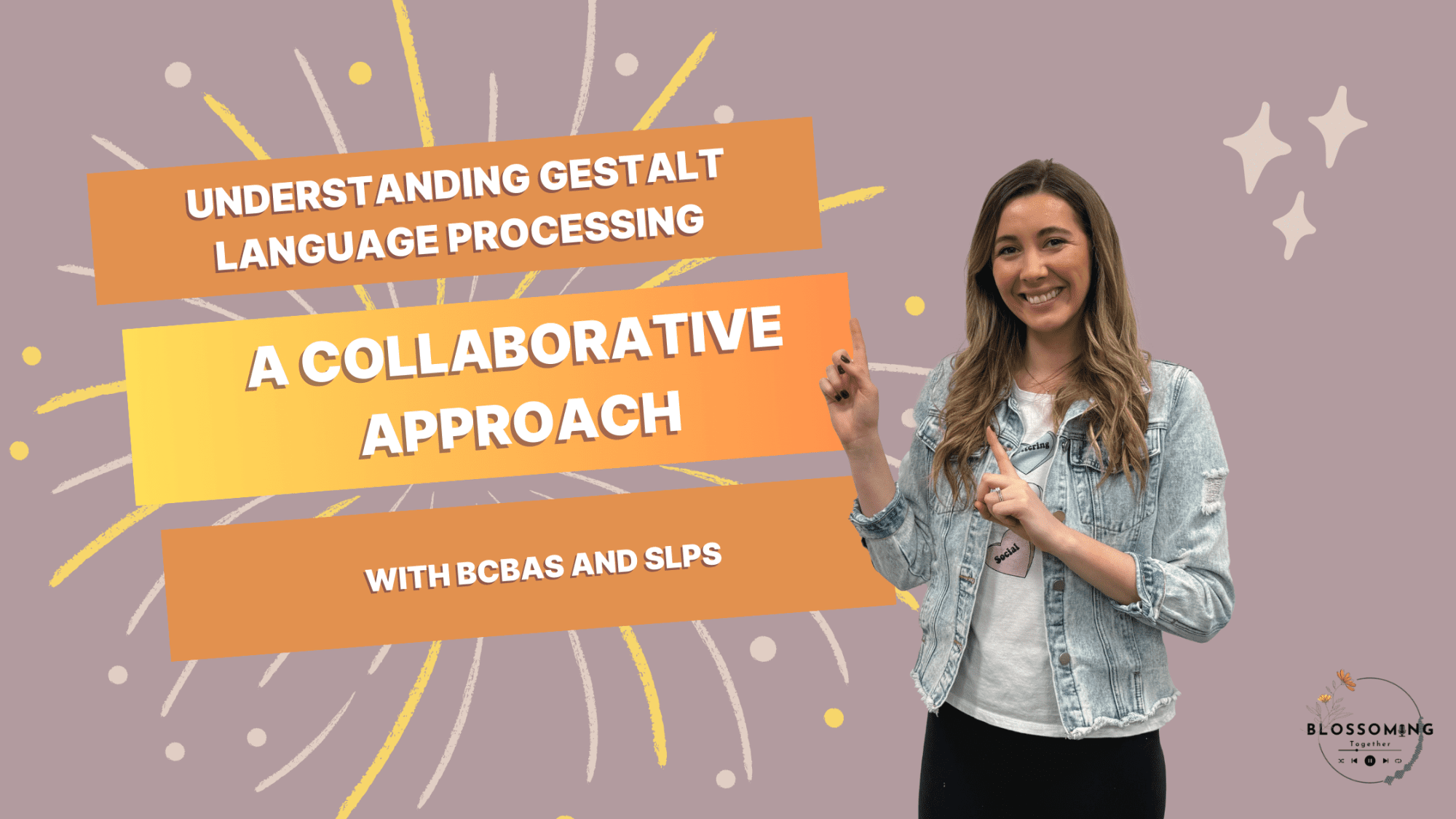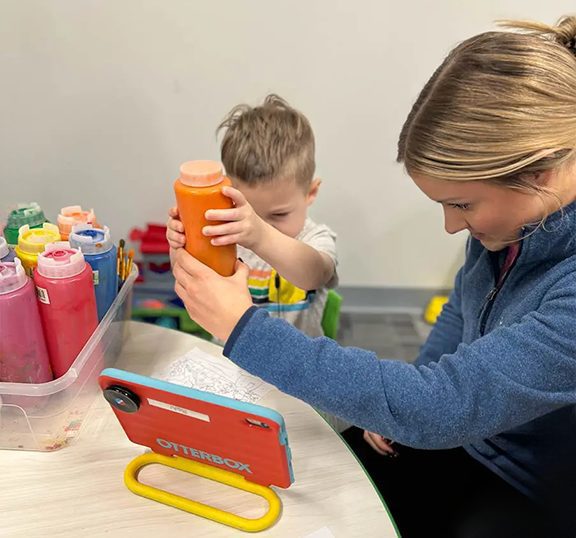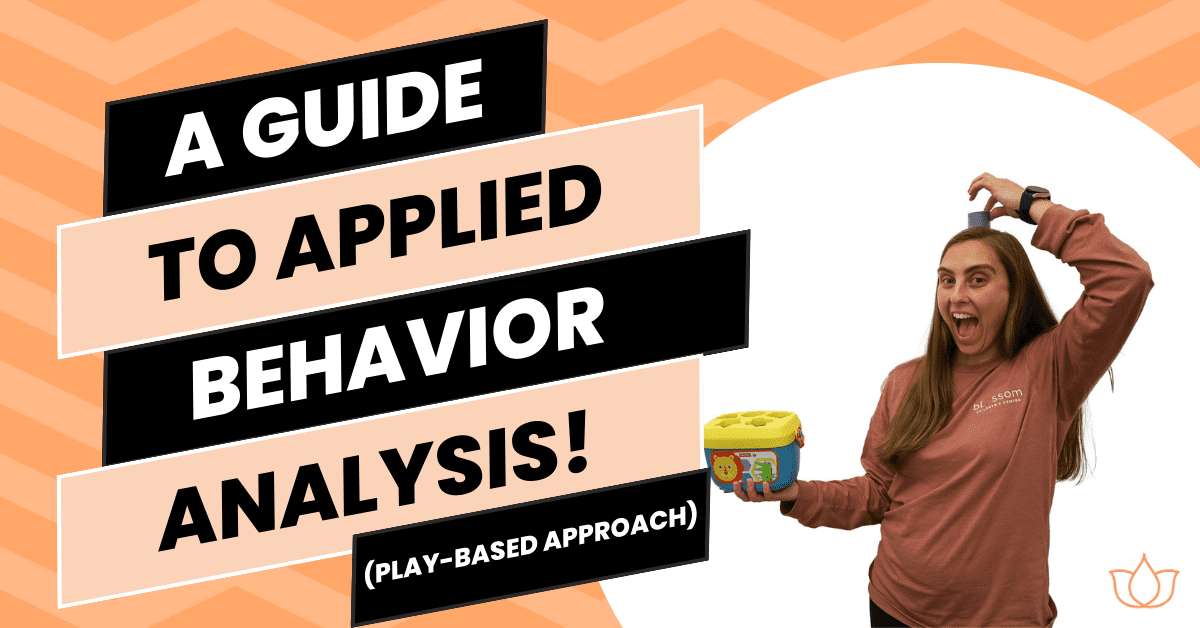
ABA therapy has been used successfully with children diagnosed with autism for decades. If your child has recently been diagnosed with Autism Spectrum Disorder) ASD, we’d like to help support you in your search for information. As you continue to educate yourself on the various therapies available to your child, we’d like to clear up a few misconceptions that have been formed about ABA therapy. Our dedicated team has put together a list of the top five myths surrounding ABA therapy:
ABA Therapy Myths:
- ABA therapy Only Works for Individuals Diagnosed with Autism
- ABA therapy Isn’t Really a Scientifically Based Treatment
- ABA Mistreats Children by Using Bribes, and Manipulation
- Punishment is Used in ABA Sessions
- All You’ll Do in ABA therapy is Play

What is ABA Therapy?
Let us first help you understand the core of ABA therapy. Applied Behavioral Analysis is a form of therapy that strives to understand your child’s environment and the effects it may have on his behaviors. ABA therapy includes evaluating how your child’s behavior and learning take place in these environments. Based on the use of a reward system personalized for each child, ABA therapy’s goal is to understand, positively influence, and change undesirable behaviors. Through the positive reinforcement process, a child can then replace unwanted behaviors with newly learned behaviors. Rewards are different for every child since they are determined by what is most meaningful to him. Through positive rewards, your child is encouraged to use new behaviors to help him thrive in his environments. With the help of caregivers, parents, and others in his life, ABA therapy can help him develop new life skills and form lasting changes. Together, as a support team, you’ll help reinforce the use of positive behaviors and replace potentially harmful or distracting behaviors that hinder his ability to learn. ABA therapy covers multiple areas in your child’s life, including home and school environment, self-care skills, and social skills.
The Myth: ABA Therapy Only Works for Individuals Diagnosed with Autism
The Facts:
ABA has been successfully used with a wide range of disabilities, disorders, and social issues. The methods behind ABA are not built around any one specific type of treatment. Focus is on the individual and what is meaningful enough to him to promote the repeat occurrence of newly learned behaviors. This means the use of ABA can be beneficial when applied to an array of issues, including:
- Speech-Language Pathology
- Addictions such as gambling and smoking
- Academics
The Myth: ABA Therapy Isn’t a Really a Scientifically Based Treatment
The Facts:
Since the 1950s, ABA has been a field of study; showing astonishing success by the 1970s. The NIH (National Institute of Health) promotes the early intervention of ABA therapy; as it has been successful with children with Autism Spectrum Disorder. ABA supports, encourages, and relies on the participation of the child’s family and caregivers. Studies have shown impressive achievements and lasting changes in children with a strong and active support system. ABA therapy is hailed as the most well-established behavioral treatment for individuals with ASD and is supported by:
- The National Professional Development Center on Autism Spectrum Disorder
- NIH
- U.S. Surgeon General
- The National Standards Project
The Myth: ABA Mistreats Children, Uses Bribes, and Manipulation
The Facts:
Positive reinforcement should not be confused with a form of bribery. A positive reinforcer is given after the wanted behavior has been used; to reinforce the likelihood of repeating the desired behavior. ABA therapy uses these meaningful reinforcements to address the behavior, while a bribe is typically addressed directly towards the person beforehand, to elicit a specific response. ABA is a scientifically proven form of safe, effective therapy for behavior replacement in children.
- Many myths describe food as a form of bribery or manipulation throughout ABA practices. It is important to remember that each plan is individualized and tailored the child’s needs, abilities, and personal motivators. Early intervention is encouraged, so working with young children is common, even here in our Detroit based Center. Many times, food is the most meaningful motivator for a young child. It is also an effective reinforcer with children who have limited or no language. As with all positive reinforcement practices in ABA therapy, it is given after the wanted behavior and accompanied by praise, encouragement, and support.
The Myth: Punishment is Used in ABA Sessions
The Facts:
While there was a time in the early stages of ABA therapy when punishment was used, positive reinforcement to encourage behavior changes has long since been the standard practice. Only in severe cases of self-harm, for example, would punishment be considered. It would then be paired with positive reinforcement practices to address the dangers of the unwanted behavior that needs replacing.
The Myth: All You’ll Do in Therapy is Play
The Facts:
Play is a much broader term than many realize. We see firsthand how early intervention brings many young ones to our Center here in the Detroit area. It is a well-known fact that young children learn best through play and exploration. Since ABA is a form of therapy centered around the child’s behaviors in their typical environments, we encourage a very healthy amount of play.
- Play therapy allows the child and caregivers a chance to bond. It offers a chance for many children with social or speech difficulties to learn how to read and use non-verbal cues and express themselves. Through play, many opportunities to address unwanted behavior can arise; offering the chance to work on ABA strategies in your child’s natural environment.
Detroit’s Preferred ABA Therapists
We hope this has answered some of the questions you’ve had about ABA practices. If you live in the Detroit area, we encourage you to come and learn more about our services and commitment to the needs of families in the Detroit-metro area. At Blossom Children’s Center, we believe an all-encompassing Center is most beneficial to our family’s needs. If you’ve found us but live beyond the Detroit area, we encourage you to visit our site often for resources, education, and support. Our highly trained staff is here to provide your family with the information you need to make the best-informed decisions for your child.
